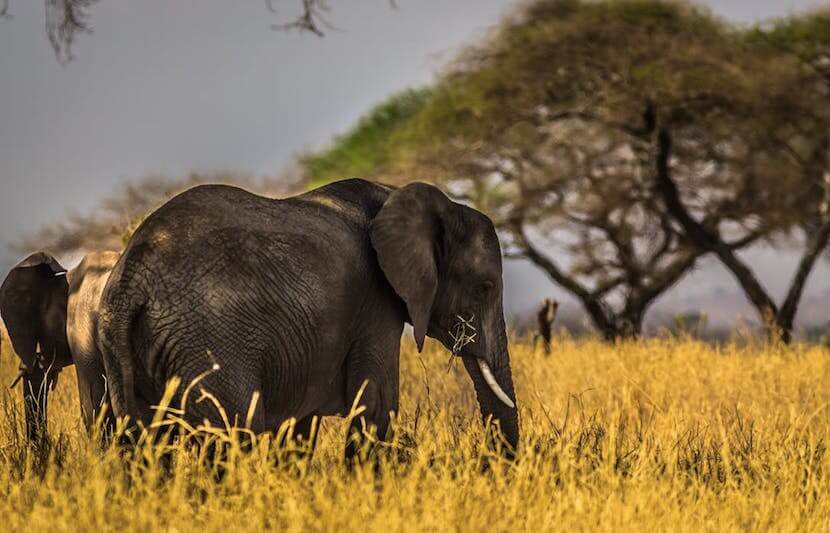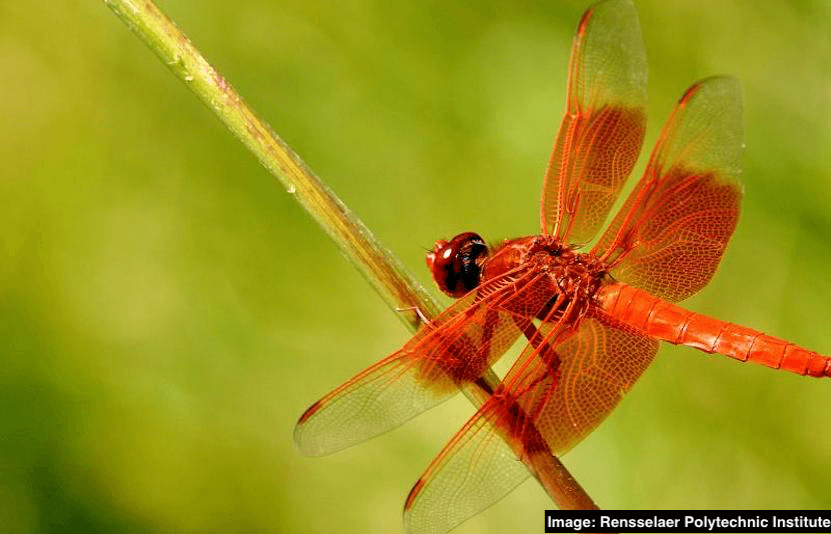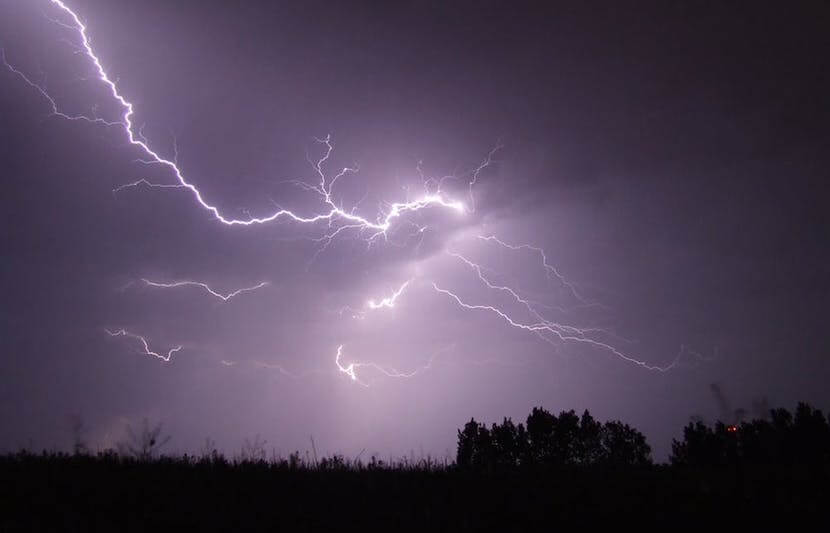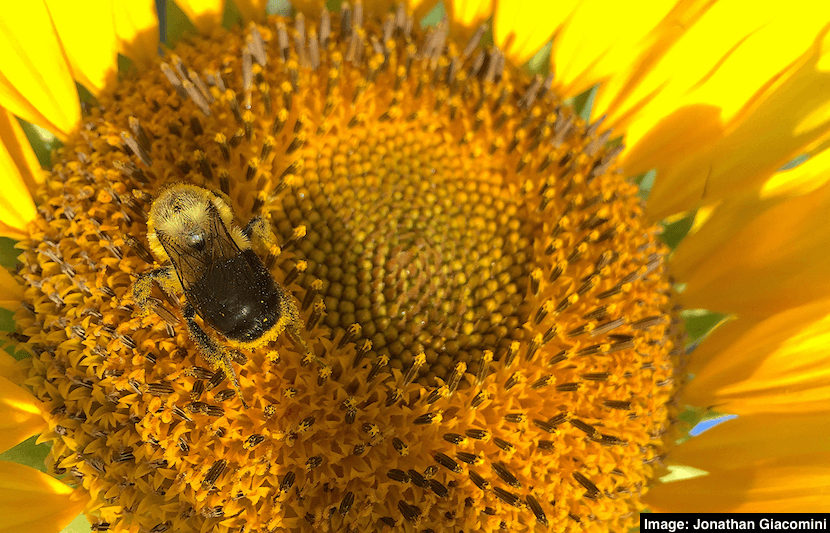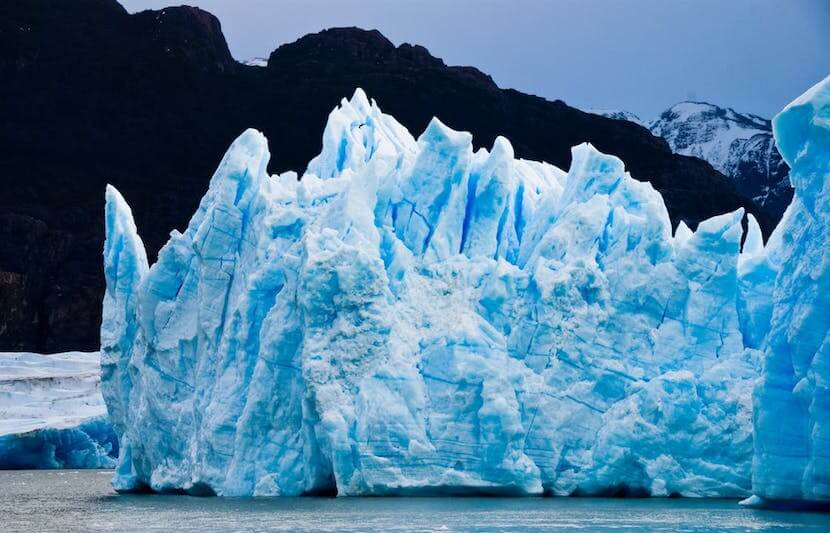-
Evolution Can’t Keep Up with Rapid Extinction
If conservation efforts are not vastly improved, mammal species will die off so quickly in the next 50 years that it will take nature 3-5 million years to recover, researchers from Aarhus University, Denmark, and the University of Gothenburg, Sweden, find. Five mass extinctions have occurred over the past 450 million years. But, they happened… Read More
-
Puerto Rico’s Insects Are Declining at an Alarming Rate
The number of arthropods in the tropical forests of northeastern Puerto Rico has dropped 60-fold since the mid-1970s, researchers from Rensselaer Polytechnic Institute and Universidad Nacional Autónoma de México find. Arthropods include invertebrate animals such as insects, millipedes, sowbugs and others. Their decline has directly coincided with an overall temperature rise of 2 degrees Celsius… Read More
-
How Stereotypes Make Female Leaders Rare
Men and women both prefer leadership traits that are stereotypically masculine, New York University researchers find. This discovery could help to explain why women are still significantly underrepresented in leadership roles. While women hold 52 percent of professional level jobs, they fill only 14.6 percent of executive officer positions. It is a common stereotype that… Read More
-
Clean Water Act Dramatically Cuts Pollution, but at What Cost?
The 1972 Clean Water Act has significantly improved the quality of water in the U.S., but the costs of the act are outweighing the measured benefits, a recent study finds. The Clean Water Act is noted as one of the greatest successes of all time in environmental law. Fifty years ago, the Cuyahoga River was… Read More
-
Why the World Should Turn to Ocean-Based Climate Solutions
Transitioning to ocean-based renewable energy sources has a high potential for slowing down climate change and its impacts, a new study published in Frontiers shows. The world is already seeing the effects of climate change — from more damaging hurricanes to megafires — that take a toll on human health. And even if the Paris… Read More
-
Passionate College Student Has Rescued Over 3,000 Desperate Animals
When children are young, they often have a dream. Whether it is to be the next Michael Jordan, a firefighter, or to build the biggest, baddest roller coaster the world has ever seen — many of those dreams dissipate after kids lose their youth-powered hope. Twenty-one-year-old Zabi Khan never let his dream fall by the… Read More
-
Why Mental Illness Should Be One of our Largest Climate Concerns
Most people can agree that natural disasters, such as hurricanes, droughts, wildfires and floods devastate communities. They injure, kill, displace and change people’s lives forever. Major disasters often receive at least some coverage and aid immediately after they happened, but they rarely get the attention they deserve in the years that follow. People move on.… Read More
-
Global Warming Will Intensify Mediterranean Wildfires, if We Don’t Change
Global warming will increase the potential of wildfire damage in Mediterranean Europe, a study led by researchers from the University of Barcelona (UB) finds. The good news is, if the world can limit global warming to just 1.5 degrees Celsius, the damage from wildfires will be significantly less. “To draw this conclusion we combined regional… Read More
-
Why Can’t Devastating Weather Events Convince Climate Skeptics?
Extreme weather events are becoming much more destructive. In the past six years Americans have experienced four of the five costliest hurricanes in U.S. history. But extreme weather events, alone, are not enough to convince skeptics that humans are causing climate change, researchers from the University of Exeter, University of Michigan and University of Texas… Read More
-
How Sunflower Pollen Can Save Declining Bee Populations
Declining bee populations could be saved by sunflower pollen, researchers from North Carolina State University and the University of Massachusetts Amherst find. Humans rely on bees for more than just honey. Food production, ecosystems and the economy are all dependent on the survival of our six-legged friends. For these reasons, scientists have been longing for… Read More
-
Ice Caps Are Melting in Unheard-Of Ways
Sea-level rise may be the biggest threat posed by climate change. And that’s not breaking news. When global temperatures rise, glaciers and ice caps begin to melt at an accelerated rate. The water that melts off the frozen structures funnels into the ocean and increases sea levels. While melting ice isn’t the only factor that… Read More
-
Weed Killers Are Killing Bee Populations
The world wouldn’t be the same without bees, and not only because there wouldn’t be any honey to put in our tea. Bees are primarily responsible for pollinating one-third of the food humans consume each day. Food supplies, industries and national economies are all dependent on the survival of our six-legged friends. However, new research… Read More
-
Climate Change Costing US $250 Billion Annually
A recent report from the University of California San Diego (UCSD) shows that the U.S.’s economy will suffer worse from climate change than nearly any other country in the world. This groundbreaking research marks the first time scientists have measured the economic harm carbon dioxide (CO2) emissions pose on individual countries. The researchers calculated each… Read More
-
Climate Change Has the World Underwater
Floods are destructive, devastating and the most common natural disaster. All year round they storm through cities and crop fields tearing up trees, destroying buildings, causing millions of dollars in damage, and killing people and animals. The number of floods worldwide have quadrupled since 1980 and doubled since 2004. In 2017, alone, flooding caused more… Read More
-
How Is Climate Change Impacting Hurricanes?
With four of the five costliest hurricanes in U.S. history occurring in the past 6 years, scientists and people everywhere are pointing the finger at climate change. And with good reason. Hurricanes Harvey, Maria and Irma, which rank second, fourth and fifth on that list, all occurred in 2017. The cost of damage from Hurricane… Read More


